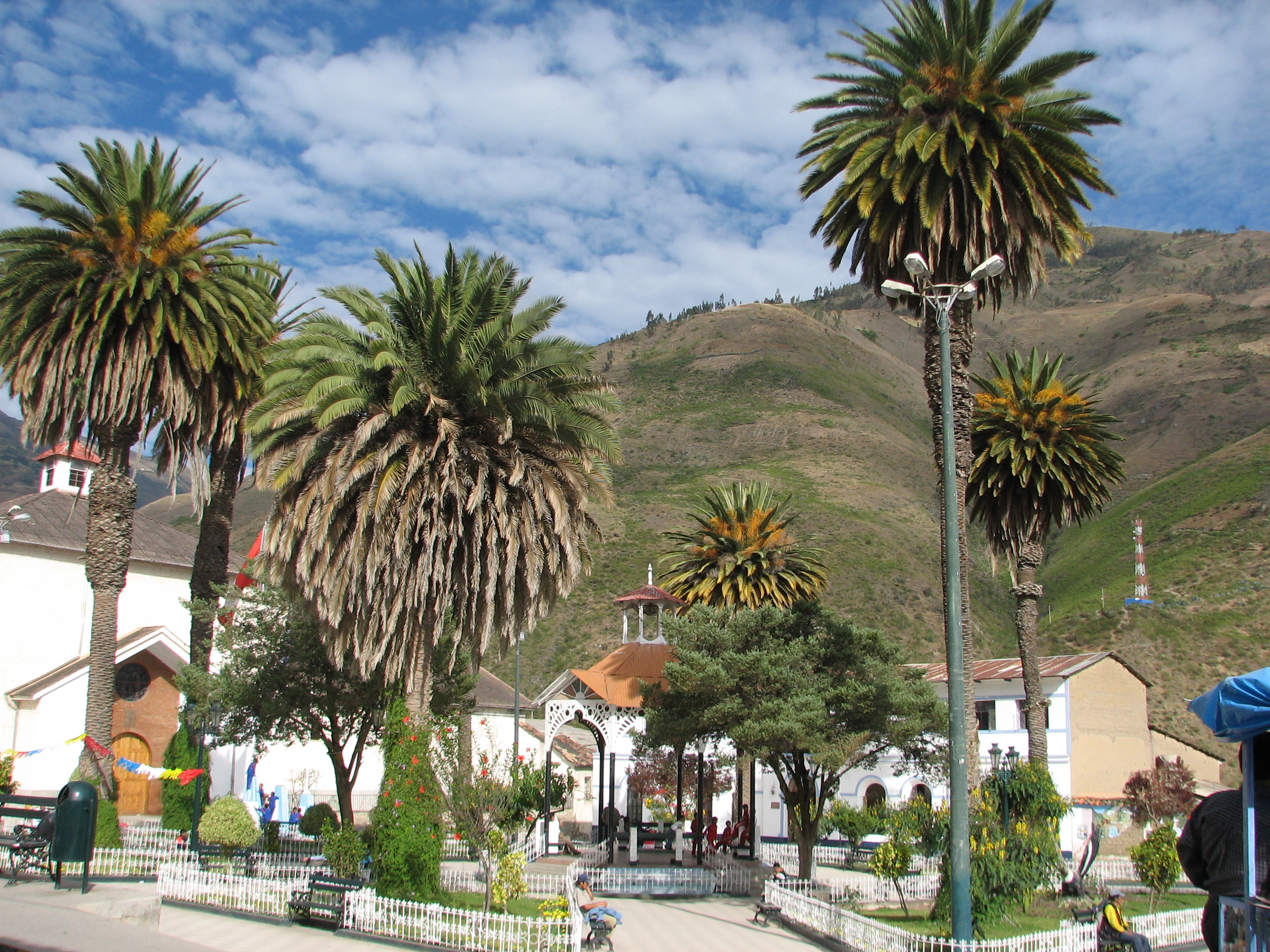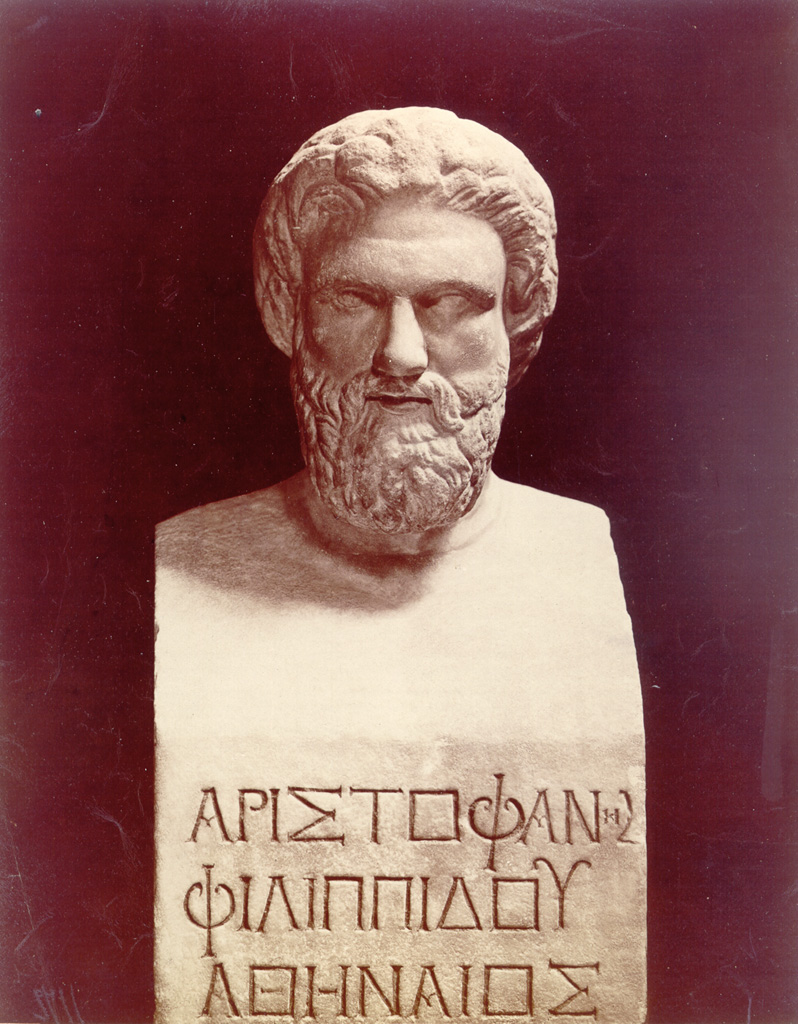|
Deep Rivers
''Deep Rivers'' () is the third novel by Peruvian writer José María Arguedas. It was published by Losada in Buenos Aires in 1958, received the Peruvian National Culture Award (Premio Nacional de Cultura) in 1959, and was a finalist in the William Faulkner Foundation Ibo-American award (1963). Since then, critical interest in the work of Arguedas has grown, and the book has been translated into several languages. According to critics, this novel marked the beginning of the current neo-indigenista movement, which presented, for the first time, a reading of indigenous issues from a closer perspective. Most critics agree that this novel is one of Arguedas' masterpieces. The title of the work ('Uku Mayu' in Quechuan languages, Quechua) alludes to the depth of the Andean rivers, which rise in the top of the Andes. It also relates to the solid and ancestral roots of Andean culture, which, according to Arguedas, are the true national identity of Peru. Context The last years of the 19 ... [...More Info...] [...Related Items...] OR: [Wikipedia] [Google] [Baidu] |
WikiProject Novels
A WikiProject, or Wikiproject, is an affinity group for contributors with shared goals within the Wikimedia movement. WikiProjects are prevalent within the largest wiki, Wikipedia, and exist to varying degrees within Wikimedia project, sibling projects such as Wiktionary, Wikiquote, Wikidata, and Wikisource. They also exist in different languages, and translation of articles is a form of their collaboration. During the COVID-19 pandemic, CBS News noted the role of Wikipedia's WikiProject Medicine in maintaining the accuracy of articles related to the disease. Another WikiProject that has drawn attention is WikiProject Women Scientists, which was profiled by ''Smithsonian Magazine, Smithsonian'' for its efforts to improve coverage of women scientists which the profile noted had "helped increase the number of female scientists on Wikipedia from around 1,600 to over 5,000". On Wikipedia Some Wikipedia WikiProjects are substantial enough to engage in cooperative activities with outsi ... [...More Info...] [...Related Items...] OR: [Wikipedia] [Google] [Baidu] |
Mario Vargas Llosa
Jorge Mario Pedro Vargas Llosa, 1st Marquess of Vargas Llosa (28 March 1936 – 13 April 2025) was a Peruvian novelist, journalist, essayist and politician. Vargas Llosa was one of the most significant Latin American novelists and essayists and one of the leading writers of his generation. Some critics consider him to have had a more substantial international impact and worldwide audience than any other writer of the Latin American Boom. In 2010, he won the Nobel Prize in Literature for "his cartography of structures of power and his trenchant images of the individual's resistance, revolt, and defeat". Vargas Llosa rose to international fame in the 1960s with novels such as '' The Time of the Hero'' (, 1963/1966), '' The Green House'' (, 1965/1968), and the monumental '' Conversation in The Cathedral'' (, 1969/1975). He wrote prolifically across various literary genres, including literary criticism and journalism. His novels include comedies, murder mysteries, historical no ... [...More Info...] [...Related Items...] OR: [Wikipedia] [Google] [Baidu] |
Political Novels
Political fiction employs narrative to comment on political events, systems and theories. Works of political fiction, such as political novels, often "directly criticize an existing society or present an alternative, even fantastic, reality". The political novel overlaps with the social novel, proletarian novel, and social science fiction. Plato's '' Republic'', a Socratic dialogue written around 380 BC, has been one of the world's most influential works of philosophy and political theory, both intellectually and historically. The ''Republic'' is concerned with justice ( δικαιοσύνη), the order and character of the just city-state, and the just man. Other influential politically themed works include Thomas More's '' Utopia'' (1516), Jonathan Swift's '' Gulliver's Travels'' (1726), Voltaire's '' Candide'' (1759), and Harriet Beecher Stowe's '' Uncle Tom's Cabin'' (1852). Political fiction frequently employs satire, often in the utopian ... [...More Info...] [...Related Items...] OR: [Wikipedia] [Google] [Baidu] |
Novels By José María Arguedas
A novel is an extended work of narrative fiction usually written in prose and published as a book. The word derives from the for 'new', 'news', or 'short story (of something new)', itself from the , a singular noun use of the neuter plural of ''novellus'', diminutive of ''novus'', meaning 'new'. According to Margaret Doody, the novel has "a continuous and comprehensive history of about two thousand years", with its origins in the Ancient Greek and Roman novel, Medieval Chivalric romance, and the tradition of the Italian Renaissance novella.Margaret Anne Doody''The True Story of the Novel'' New Brunswick, NJ: Rutgers University Press, 1996, rept. 1997, p. 1. Retrieved 25 April 2014. The ancient romance form was revived by Romanticism, in the historical romances of Walter Scott and the Gothic novel. Some novelists, including Nathaniel Hawthorne, Herman Melville, Ann Radcliffe, and John Cowper Powys, preferred the term ''romance''. Such romances should not be confused with the ... [...More Info...] [...Related Items...] OR: [Wikipedia] [Google] [Baidu] |



